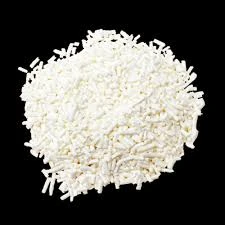Despite ongoing debates, numerous scientific studies have been conducted to investigate the safety of E621. Regulatory bodies, including the U.S. Food and Drug Administration (FDA) and the European Food Safety Authority (EFSA), have concluded that monosodium glutamate is generally recognized as safe when consumed within normal dietary limits. The consensus among researchers indicates that adverse reactions to E621 are rare and often attributed to individual sensitivities, much like those seen with common allergens.
Nonetheless, it is essential for individuals, particularly those with dietary restrictions or allergies, to be aware of the presence of additives in their food. While GDL is considered safe for the general population, excessive consumption may lead to digestive issues for some individuals.
The Importance of Potassium Sulfate Fertilizer in Agriculture


